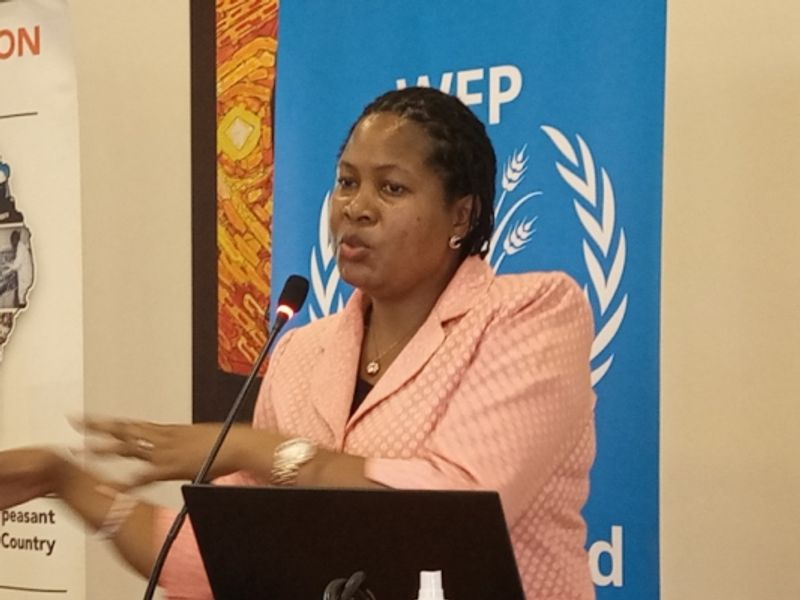

Two United Nations agencies, up to ten government ministries and a couple of civil society organisations this week approved and committed to supporting the implementation of a new strategy aimed at eradicating hunger in Uganda by the year 2030.
The goal is being driven by a detailed multi-sectoral plan and set of ambitious goals dubbed the National Strategy Towards Zero Hunger 2020-2030.
It’s formulation started in 2017, under the stewardship of the National Planning Authority (NPA). The NPA brought on board almost all key players in government, the donor community and civil society whose role in ensuring the availability of adequate, safe, affordable and nutritious food is essential.
The Chairperson of NPA Prof. Pamella Mbabazi, described the launch of the strategy at Serena Hotel Kampala this week, as a monumental step towards the realisation of the Constitutional objective of ensuring that everyone gets food, but also that it will help in the achievement of the Vision 2040 as well as meeting Uganda’s commitments at the International level such as the Sustainable Development Goals.
The development of the strategy has received support from the World Food Programme and the Food and Agricultural Organisation. Nevertheless, the WFP country Representative El-Khidir Daloum didn’t not hesitate to caution the government that if nothing changes fundamentally, especially in putting resources towards the identified targets areas, the strategy will fail, as have many similarly, high-sounding policy documents that Uganda has authored.
While appreciating the sense of resolve to end hunger, Daloum warned that Uganda was among the countries that missed the UN Millenium Development Goals in 2015. He also observed that the country missed its own target relating to food security and commercialisation of agriculture under the National Development Plan II.
He noted that Uganda has the best plans, the most appropriate conditions for providing adequate and nutritious food, but that it is dogged by poor implementation.
Prof. Mbabazi said that after the document undergoes some fine tuning by the various government agencies, it will be taken to cabinet for approval, ahead of implementation.
Dire Situation
The launch of the strategy comes at a time when country is experiencing some embarrassing food insecurity statistics, in lieu of its natural resource endowment.
For example, over 64% of Ugandans cannot afford the desired 3 meals a day, and an estimated 68% of school going children do not get any meal at school.
Although recent heavy rains have helped to improve food availability, lack of storage facilities expose millions of people to hunger whenever rains delay or when it rains excessively.
Food waste through poor post-harvest handling is causing up to over 15% of cereals and over 80% of fruits.
Among the Under-5 year olds, as many as 29% continue to be stunted.
Some of the outcomes and targets of the strategy include;
Reduction in Uganda’s global hunger Index from 24% currently to 5%
Reduce the proportion of households faced with chronic undernourishment from 16% to 4%
Bring to zero the proportion of stunted children from current 29%.
Boost volume output of priority commodities from 3.8% to 7%
Boost agricultural productivity from 1.5% per year to 3%
Reduce trade deficit for food commodities by 60%
Increase area under irrigation from the current 1% to 10%
Expand access to extension services from current 15% to 90%
Doubling average annual income of smallholder farmers from current US$1,232 to US$2,200
Despite the daunting task ahead, Prof. Mbabazi expressed optimism that with the achieved buy-in, regular monitoring of both the targets and the implementors, The National Strategy Towards Zero Hunger will be achieved.














Henry Lutaaya
Leave a Comment
Your email address will not be published.